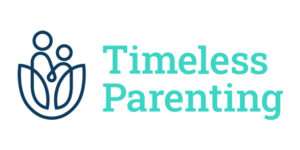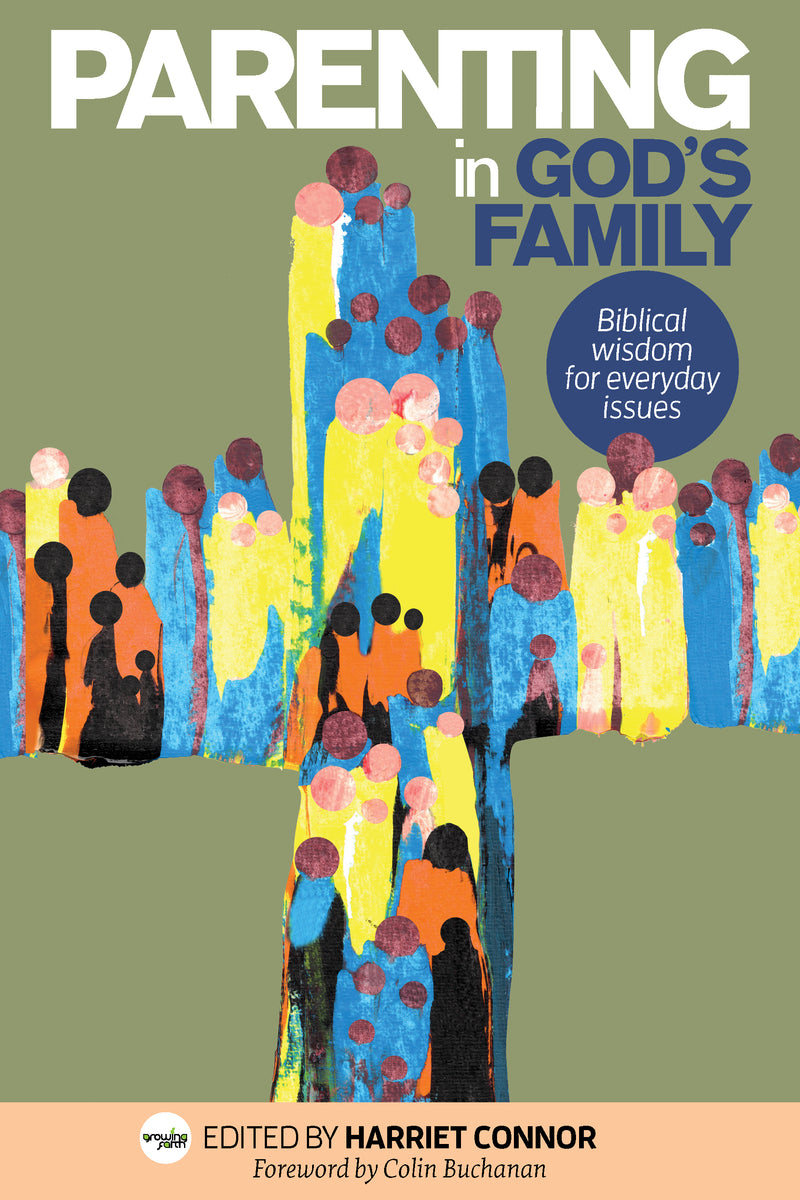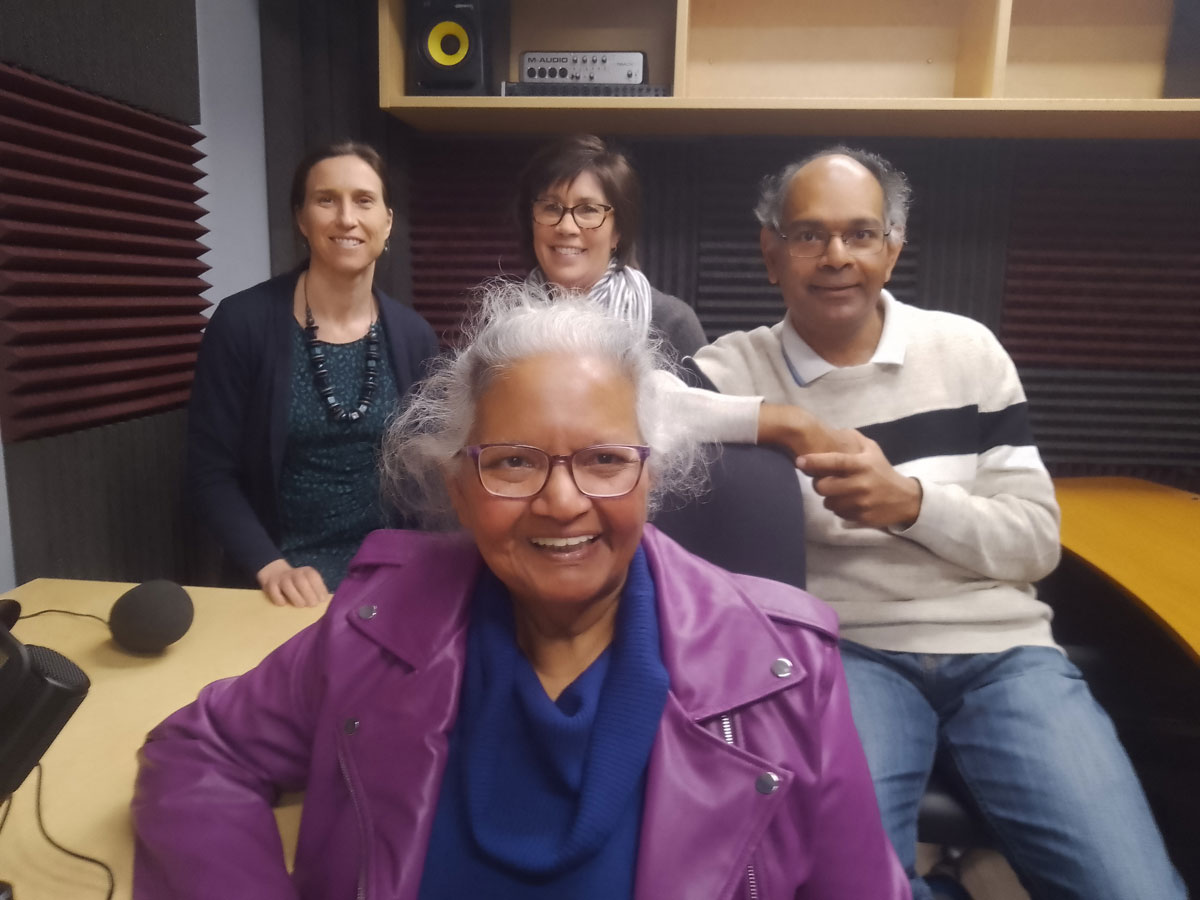I generally enjoy watching the reality TV show Parental Guidance. It follows different sets of parents as they navigate a series of challenges with their children. Later on, the group evaluates how each family went, with the help of parenting expert Dr Justin Coulson. I’ve found watching the show to be a good way of reflecting on my own parenting.
But one episode of this year’s series left me with an uncomfortable feeling: the episode about consent. Consent seems to be the word that everyone is talking about. In 2024 the federal government launched a nationwide awareness campaign, including a suite of TV ads, called ‘Consent can’t wait’. At school, many of our older children are attending ‘respectful relationships’ seminars where consent is one of the key concepts. Our school leavers are heading off to formals and ‘after parties’, to ‘schoolies’ weeks and beyond.
On the ‘consent’ episode of Parental Guidance each set of parents was given a family discussion question that was meant to start a conversation about consent in various situations (not all of them sexual). It was clear that the overtly Christian or ‘traditional’ parents were extremely uncomfortable talking about sexual relationships with their teen/tween daughters. But the ‘moral’ of the episode was that all parents need to prioritise talking with their children about the topic of consent.
So why did I go away feeling uneasy about this?
I strongly believe that as Christian parents we need to be talking to our children about sex. If we don’t communicate God’s positive vision, our children will pick up a different view of sex from their peers or the internet. In our family, my husband and I have tried to be open and upfront in initiating conversations and answering questions about sex, marriage, relationships, puberty, pornography and so on.
But I have to confess that I’ve never talked with my children about ‘consent’ exactly. And to be honest, I don’t know if I really want to. Here’s why I don’t want to teach my children about (just) consent.
It’s a low bar … but a good start
Consent has become the only moral standard by which our modern society evaluates sexual activity between adults. Did both parties give their consent? If so, it doesn’t matter what happened or who did it.
According to the government’s campaign, ‘Sexual consent is a free, voluntary and informed agreement between people to participate in a sexual act. This agreement is only present when these people mutually and genuinely want to engage in that sexual act, and actively ensure their partner does too’.
Of course, I want my children to expect sexual activity to be mutual and consensual. That’s the Bible’s ideal too. In sex, as in all of life, Christians are people who seek the good of others. Song of Songs is a great example of a loving sexual relationship in which both the man and the woman take pleasure in the other person. The woman repeats, ‘I am my beloved’s and my beloved is mine’ (Song of Songs 6:3). This view of sexual mutuality and other-person-centredness is echoed in the New Testament when Paul writes:
‘The husband should fulfil his marital duty to his wife, and likewise the wife to her husband. The wife does not have authority over her own body but yields it to her husband. In the same way, the husband does not have authority over his own body but yields it to his wife.’ (1 Corinthians 7:3–4)
But the Bible’s view of sexual relationships is about so much more than just consent!






